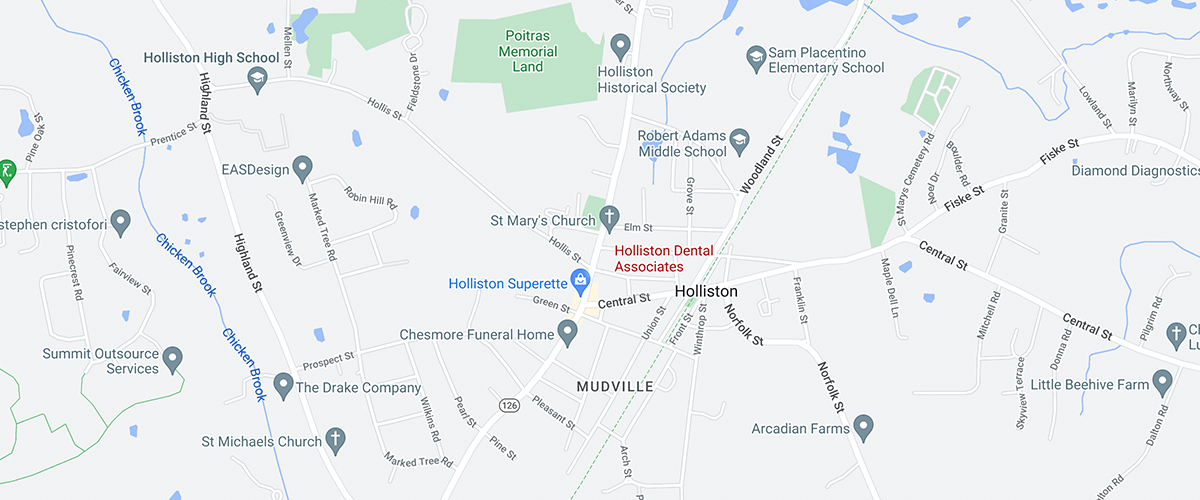August 30th, 2023

Did you know that Human Papilloma Virus (HPV) and oral cancer are linked? This information may prevent you or a loved one from suffering from oral cancer if a diagnosis is made early. Dr. Edmond Massabni and our team want you to understand how you can prevent the spread of oral cancer and protect yourself if you have HPV.
People don’t often speak up about this common virus, but we believe it’s important to educate yourself to prevent the potential spread of oral cancer. According to the Centers for Disease Control and Prevention, up to 80% of Americans will have HPV infections in their lifetime without even knowing it. Symptoms usually go unnoticed, though it’s one of the most common viruses in the U.S. The body’s immune system is generally able to kill the HPV infection without causing any noticeable issues. If you think you might have HPV, talk with primary care physician about getting the preventive vaccine or taking an HPV test.
According to the Oral Cancer Foundation, “HPV is the leading cause of oropharyngeal cancers (the very back of the mouth and throat), and a very small number of front of the mouth, oral cavity cancers. HPV16 is the version most responsible, and affects both males and females.”
Common signs of oral cancer may include:
- Ulcers or sores that don’t heal within a couple of weeks
- Swelling, lumps, and discoloration on the soft tissues in the mouth
- Difficult or painful swallowing
- Pain with chewing
- Persistent sore throat
- Numbness of the mouth or lips
- Lumps felt on the outside of the neck
- Constant coughing
- Earaches on one side of your head
If you experience any of these side effects, please contact Holliston Dental Associates as soon as possible.
We hope this information will help you understand the interactions between HPV and oral cancer. Please remember to take precautionary steps if you notice anything out of the ordinary with regard to your oral health. If you have any questions or concerns, contact our Holliston, MA office.
August 24th, 2023

If you have been bringing your baby in for regular checkups since that first tooth arrived, you might expect that he or she is already familiar with Dr. Edmond Massabni and our staff. Often, though, months pass between visits, which is a very long time for a child. How can you make your preschooler’s return visit a happy one? We have some suggestions!
Before Your Visit
- Prepare your child for her visit. Simple explanations are best for a young child. You might tell your daughter that a dentist is a doctor who helps keep her teeth strong and healthy. Let her know a bit about what will happen. Being told, “You will sit in a special chair,” or, “Can you open wide so we can count your teeth?” will give her some idea of what it’s like to visit our office.
- There are many entertaining books for young children about visiting the dentist. Reading some of these to her for a few days before the appointment will let her know what to expect.
- Use playtime to prepare. You might count your daughter’s teeth or let her “play dentist” and brush the teeth of her favorite doll or stuffed animal.
When You Arrive
- Your attitude can be contagious! If you treat a visit to the dentist like any other outing, chances are your child will too. Your calm presence is exactly what your child needs.
- You might want to come a bit early to let your son explore the office. Bring a favorite toy or book to keep him entertained if you need to. A favorite stuffed toy can be a comfort in an unfamiliar place.
- If you are with your child during his checkup, follow our lead. Don’t be concerned if your child seems uncooperative at first or even throws a tantrum—we are used to working with children, and have techniques to make his experience as relaxed and as positive as we possibly can.
We Are Here to Help
We are your partners in your child’s dental care. Call our Holliston, MA office anytime for suggestions about making your child’s visit a comfortable, comforting experience. Our goal is to start your child confidently on the road to a lifetime of empowering dental visits and lasting dental health.
August 23rd, 2023

It's a moment many of our patients have experienced. One second you're chewing on a piece of gum, then suddenly you forget to keep chewing and swallow the entire rubbery gob whole! It's at this point you remember your mother warning you as a child that if you swallow gum it will stake a claim and take up residency in your belly for seven years. Dr. Edmond Massabni and our team at Holliston Dental Associates hate to take all the fun out of the mystery, but the truth is that chewing gum, when swallowed, will enter your stomach and move through your digestive system just like any other piece of food. So, if you ever accidentally swallow a piece of gum, there is no need to worry!
That being said, it's important to know that gum does not have any dietary benefits, so while it’s not exactly harmful to swallow, you still want to avoid swallowing it. If you are an avid gum-chewer, we encourage you to chew sugarless gum, especially if you are wearing braces, because gum with sugar can lead to cavities. Sugarless gum still has the same amount of flavor, but has fewer cavity-causing ingredients. In fact, many brands contain an additive called xylitol, a natural sweetener known to fight cavity-causing bacteria. Xylitol is also known to increase salivary flow as it rinses away plaque and acid.
The fact is, when the bacterium in your mouth breaks down sugar, what’s left behind is acid. This acid eats away at the enamel coating of your teeth, causing holes that we call cavities. Cavities can lead to other long-term mouth problems if they are not treated in time, so it is best to try and avoid overexposing your teeth to too many harmful substances!
If you have any questions about chewing gum, please contact our office. Happy (sugar-free) gum chewing!
August 16th, 2023

Also known as onchophagia, the habit of nail biting is one of the so-called “nervous habits” that can be triggered by stress, excitement, or boredom. Approximately half of all kids between the ages of ten and 18 have been nail biters at one time or another. Experts say that about 30 percent of children and 15 percent of adults are nail biters, however most people stop chewing their nails by the time they turn 30.
Here are four dental and general reasons to stop biting your nails:
1. It’s unsanitary: Your nails harbor bacteria and germs, and are almost twice as dirty as fingers. What’s more, swallowing dirty nails can lead to stomach problems.
2. It wears down your teeth: Gnawing your nails can put added stress on your pearly whites, which can lead to crooked teeth.
3. It can delay your orthodontic treatment: For those of our patients wearing braces, nail biting puts additional pressure on teeth and weakens roots.
4. It can cost you, literally: It has been estimated that up to $4,000 in extra dental bills can build up over a lifetime.
Dr. Edmond Massabni and our team recommend the following to kick your nail biting habit:
- Keep your nails trimmed short; you’ll have less of a nail to bite.
- Coat your nails with a bitter-tasting nail polish.
- Ask us about obtaining a mouthguard, which can help prevent nail biting.
- Put a rubber band around your wrist and snap it whenever you get the urge to gnaw on your nails.
- Think about when and why you chew your nails. Whether you are nervous or just bored, understanding the triggers can help you find a solution and stop the habit.
- If you can’t stop, behavioral therapy may be an effective option to stop nail biting. Ask Dr. Edmond Massabni and our team for a recommendation.




